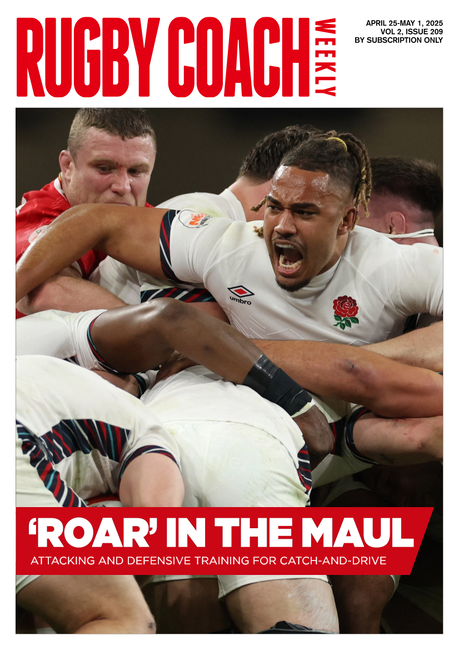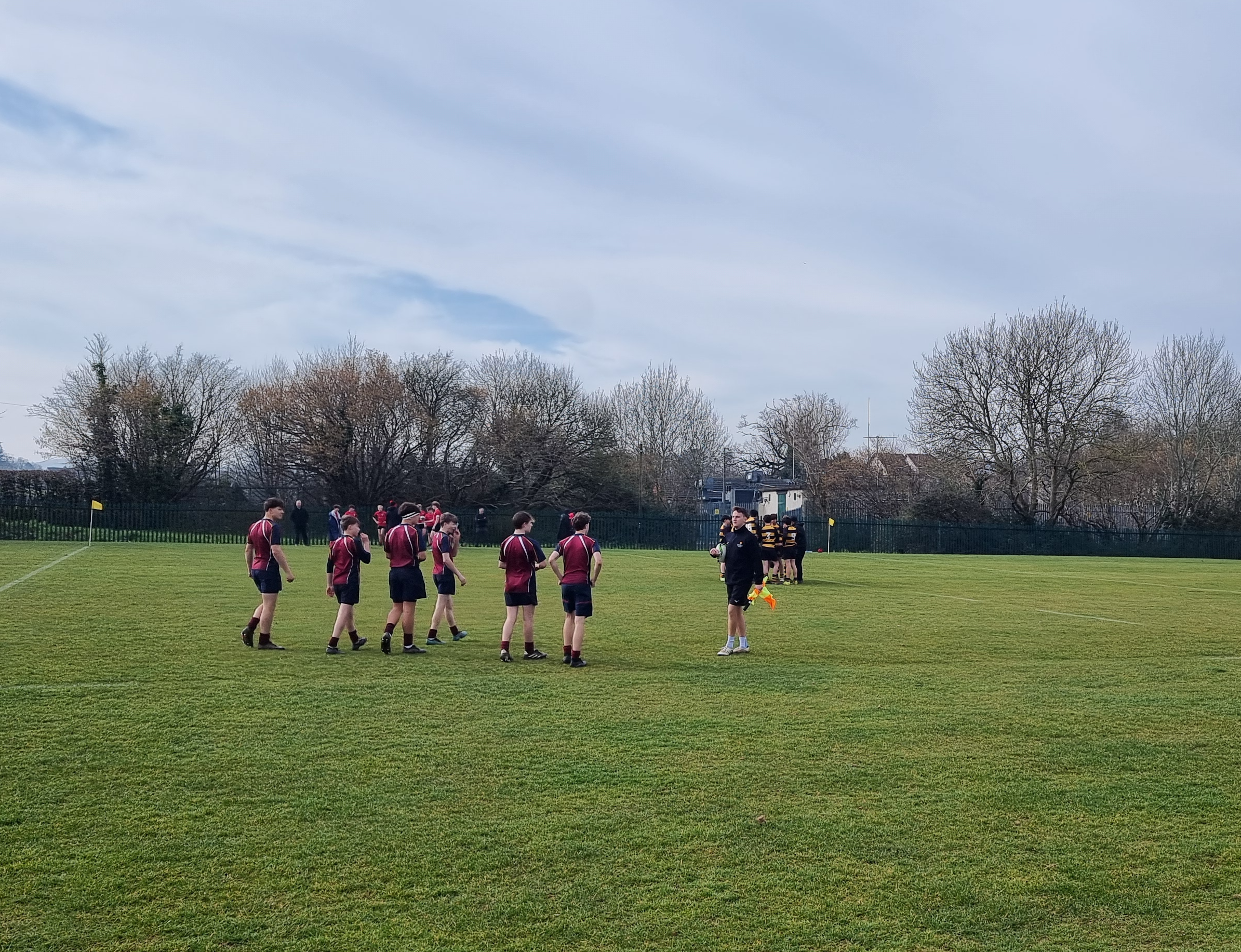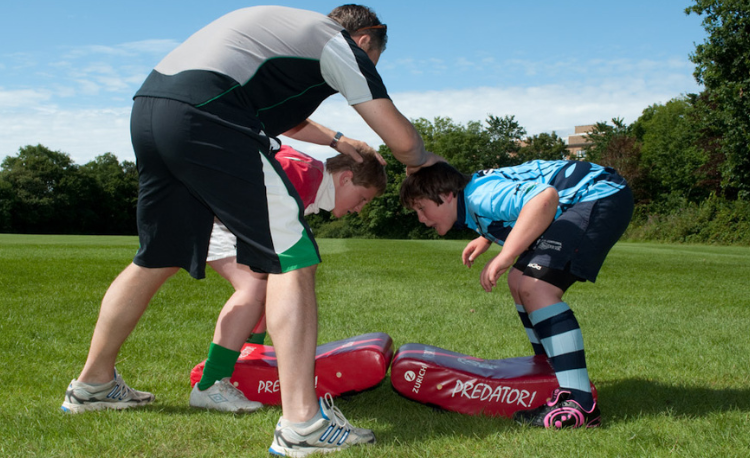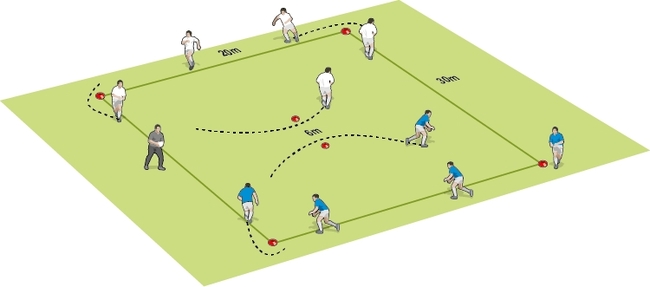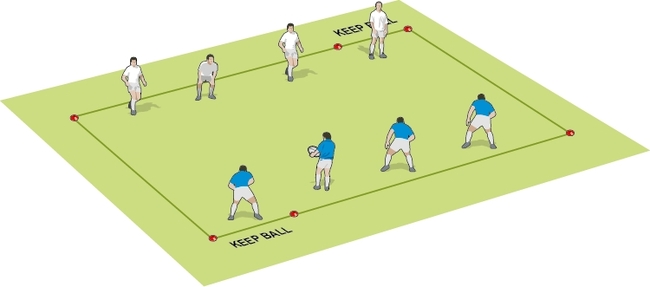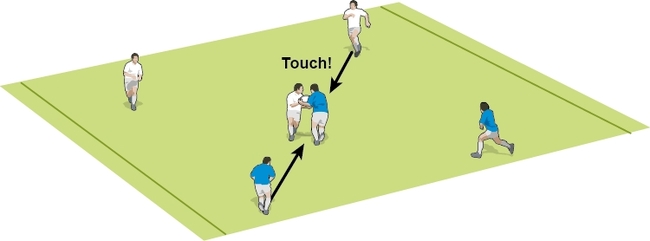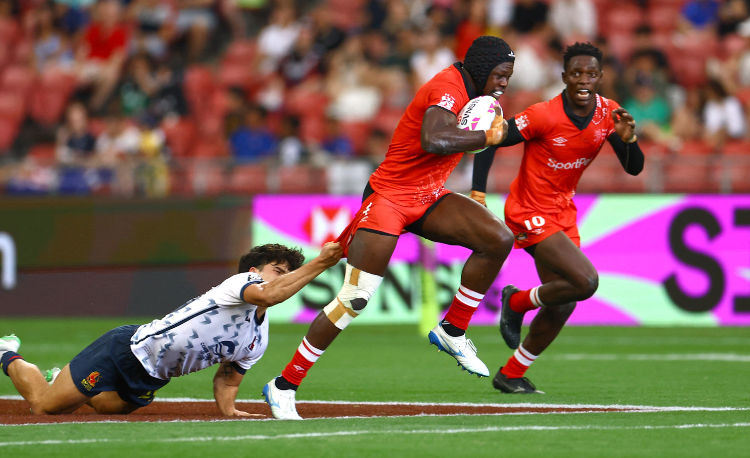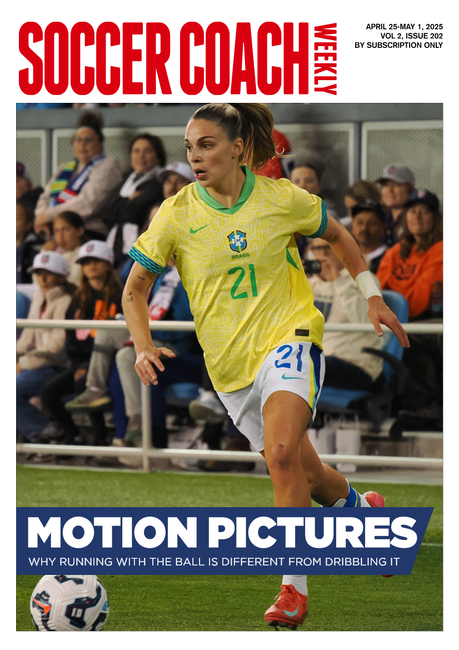Increasing player readiness
Grant Hathaway, an RFU coach developer, challenges us to think about our training scenarios.
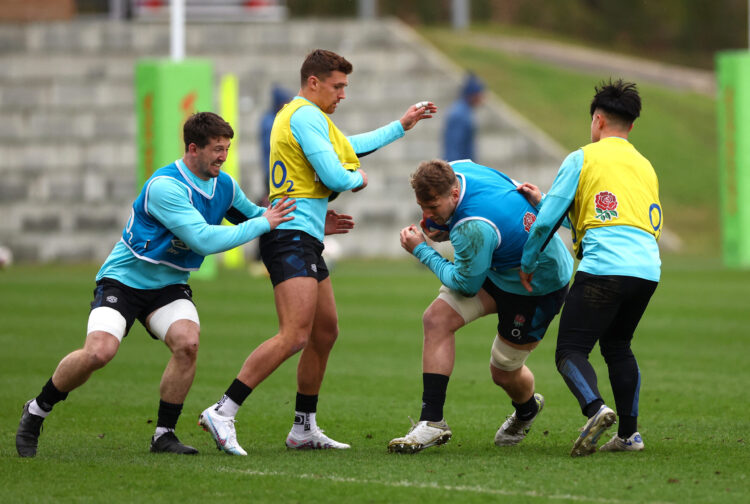
Grant Hathaway, an RFU coach developer, challenges us to think about our training scenarios.
As rugby coaches, we are constantly challenged by having to prepare a large and diverse team with people of different skills, traits and experience levels.
Our game is great because it is so inclusive, but that means we need to be considered in how we create optimal learning experiences.
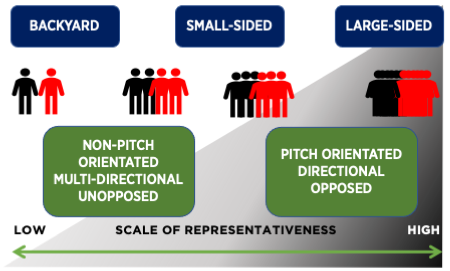
To make sure your players have the best chance of success when it comes to a matchday, there are some simple strategies you can implement in training to increase their readiness. We can do this through something known as ‘Representative Learning Design’. In this article, we will look to explain what that means and give examples of how to apply this to your coaching.
All learning environments (see the picture), like small-sided games, are valuable in the right moment for the appropriate amount of time.
First, it’s important to gain confidence in each environment and the different experiences you can create. The more advanced coach will be able to move seamlessly between them, as required for the group and individuals, but this, of course, takes time to achieve.
Scenario #1
You have a group of players with a range of abilities and experience levels of rugby, but everyone has played other invasion sports (football and basketball).
You want to give the players a taster of rugby-related skills to ensure your sessions are inclusive and get them going.
APPLICATION: You can start low on the Scale of Representativeness, with multi-directional practices allowing the players to transfer more familiar positional and tactical skills whilst building techniques such as passing and kicking.
As you see success, slowly make the practices more directional and pitch-orientated.
Scenario #2
Your players can run moves at training during unopposed team runs, but it doesn’t translate into a match.
APPLICATION: Unopposed run-throughs are low on the Scale of Representativeness, meaning they’re not like the match - you need to have your players spend time practising their moves under pressure from the defence.
Scenario #3
After promoting the use of large-sided games for a long period, your players are beginning to solve tasks, and when given a problem, they explore various options.
They see the options, but their execution of techniques is still low, and they’re getting frustrated.
APPLICATION: You must dial down the pressure on the players trying to execute the techniques.
Decrease the pressure of opposition, so, for example, reduce defenders for more attacking success. Move to small-sided games and drills to allow more isolated practice of the techniques.
Scenario #4
The players have loads of fun in your sessions. You play lots of multi-directional games and backyard-type challenge-based practices. You often use creative conditions in your practices that you have seen others use. Players don’t always make sense of the laws, particularly technical elements, when playing in matches, though.
APPLICATION: It is great to have such creativity and enjoyment. Just reconsider how much of your time you spend on this type of practice – balance this with some more time doing practices which represent the moments they will be in on match days.
Scenario #5
You have a plan which has the players doing 20 minutes of large-sided games at the start and another 20 minutes at the end of the session, with 15 minutes of small-sided practices and drills in the middle (Whole-Part-Whole).
Early on, the players struggle, but you want to persevere, and they start to lose confidence.
APPLICATION: Trust yourself to flex your plan instead of persevering like this. As soon as you notice things aren’t going well, hit pause, reassure your players that this is part of learning and adjust the tasks to increase success.
This could mean going straight to the small-sided games and drills, as these should be practices that might help.
Thank you for reading
to enjoy 3 free articles,
our weekly newsletter, and a free coaching e-book
Or if you are already a subscriber, login for full access
Newsletter Sign Up
Coaches Testimonials

Gerald Kearney, Downtown Las Vegas Soccer Club

Paul Butler, Florida, USA

Rick Shields, Springboro, USA

Tony Green, Pierrefonds Titans, Quebec, Canada
Subscribe Today
Be a more effective, more successful rugby coach
In a recent survey 89% of subscribers said Rugby Coach Weekly makes them more confident, 91% said Rugby Coach Weekly makes them a more effective coach and 93% said Rugby Coach Weekly makes them more inspired.
Get Weekly Inspiration
All the latest techniques and approaches
Rugby Coach Weekly offers proven and easy to use rugby drills, coaching sessions, practice plans, small-sided games, warm-ups, training tips and advice.
We've been at the cutting edge of rugby coaching since we launched in 2005, creating resources for the grassroots youth coach, following best practice from around the world and insights from the professional game.


